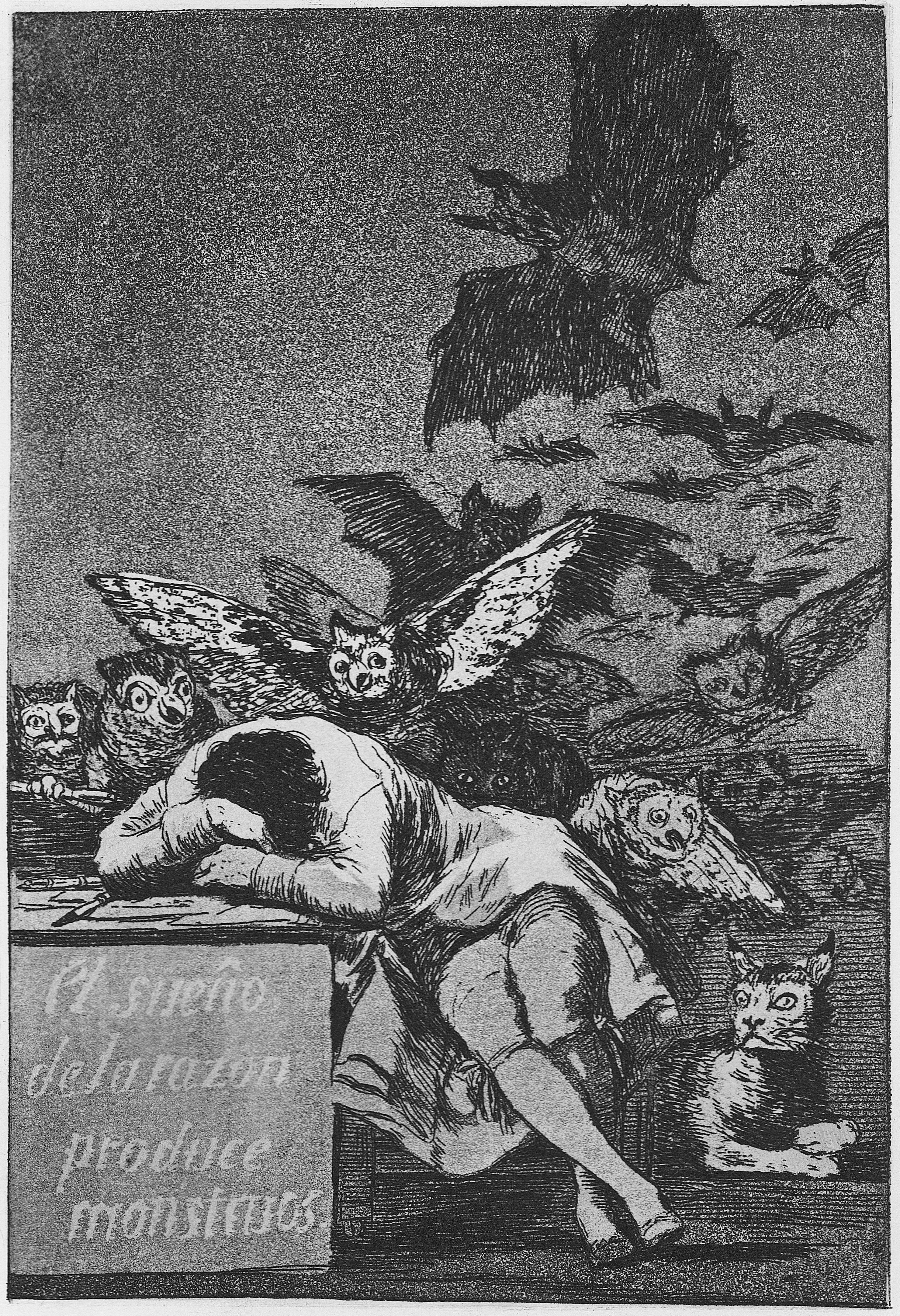Book Review: The Distant Hours
by Kate Morton
Atria Books, 560 pages.
I hesitated to review this book because the supernatural element is so subtle–as subtle as the wisp of a ghost’s gown, a ghost more suggestion than apparition.
Yet within these pages you will find whispering stones and unexplained stains and distant laughter. Even a ghostly glimpse here or there. Or was that merely a trick of the light?
Things go bump in the night, but, generally speaking, they assume humanoid form.
I like the idea of reading The Distant Hours after reading The Keep. For me, it was pure serendipity. I came across The Keep while looking for something else; I read The Distant Hours because I checked it out of the library for my mother who’s been extolling Kate Morton’s writing for, well, forever.
The novel follows two story lines–a modern daughter, Edie, who suspects her mother hides a secret past involving a centuries-old castle (you can see how this makes a good companion read to The Keep), and a trio of sisters, each with a secret dream, each connected to the aforementioned mother-daughter, each shackled to the will of a domineering writer father in a sort of King Lear/John Milton montage. Throw in a decades old disappearance, a mysterious letter, a touch of madness, and the novel takes shape. As well, the author’s manipulation of multiple allusions and nods to fairy tales are skillfully done.
What I found less skillfully done is pacing. Though the opening is lovely and lyrical (a cool prologue for those of you who share my prologue views), you soon find yourself plodding through 50 or 60 pages that drag with insufficient action or character development to sustain interest. You flit in back-to-back vignettes from narrator to narrator, none of whom fully engage your spirit.
However.
Yes, however, wait and read.
It will be worth your while. At last, the characters’ stories sweep you into a spinning updraft. Secret compounds secret and consequences twist into a tornado in which history cycles backward into itself. What at first manifests as cruelty is revealed as kindness and vice versa; what at first appears simple is anything but.
